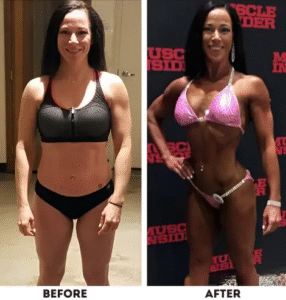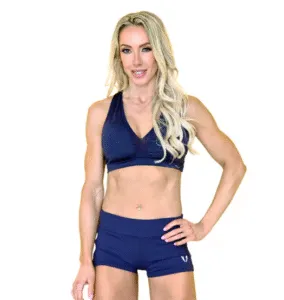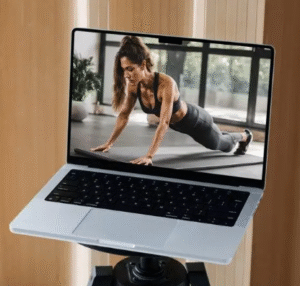Crash diets are everywhere. Have you ever tried following online nutrition advice and things you have heard from friends or people you follow on social media, but haven’t found it to be helpful or end up worse off than where you started?
Millions of consumers get health and nutrition information from magazines, TV or the Internet. Some of the information is reliable and up to date; some is not. How can you tell the good from the bad?
Here are my top 5 criteria for seeing if what you are reading is right for you!
1. Based on scientific evidence – is there research backing it up? Is it supported by facts and not just opinions of the author?
2. Author’s credentials – you wouldn’t take advice on your dental health from your pet’s veterinarian. So why take information from someone who isn’t a specialist in the topic you are reading about?
3. Sources listed? Do they have a reference list to back up the information and facts listed.
4. Other sources state the same results. If you look at multiple sources on the topic, do they all say the same thing? Or is the article you are reading stating completely different things?
5. Information is up to date and current. Research is always changing and science can shed new light onto topics.Here Are the 6 Ways to Spot Crash Diets
Red Flags for those searching the internet are:
- The information is anonymous
- There is a conflict of interest
- The information is one-sided or biased
- The information is outdated
- There is a claim of a miracle or secret cure
- No evidence is cited
Dietitian Pro Tip:
• Be careful if a product claims a long list of conditions it “cures.” Nothing is a cure-all for everything. If it sounds too good to be true, it probably is!
• Words that raise a red flag and should make you take a second look include: detoxify, purify, cleanse and miracle. You have a liver and kidneys for detoxifying your body of external toxins, substances you ingest don’t do that.
• Investigate! Don’t accept nutrition information online without checking who wrote it and if it’s based on science.Staying educated and well-informed about nutrition is extremely important. After all, you are what you eat! If you are struggling with your diet, schedule an appointment with me (in-person, online, or on the phone) to get my expert advice on how to take control of your nutrition habits!
About the Author: Ana Plenter
Ana Plenter is a an Award Winning Personal Trainer, Fitness Competitor & Competition Coach and the Founder of Build My Body Beautiful & Body Beautiful Fitness

Unlock the Power of Wild-Caught Fish Oil: A Healthier Choice
Health Benefits of Fish Oil Did you know that in the USSR, fish oil was a mandatory supplement in schools? This intriguing practice, now supported by modern science, showcases the vast health benefits of wild-caught fish oil, including its anti-inflammatory properties, immune support, and enhancements to brain and heart health. Yet, not just









